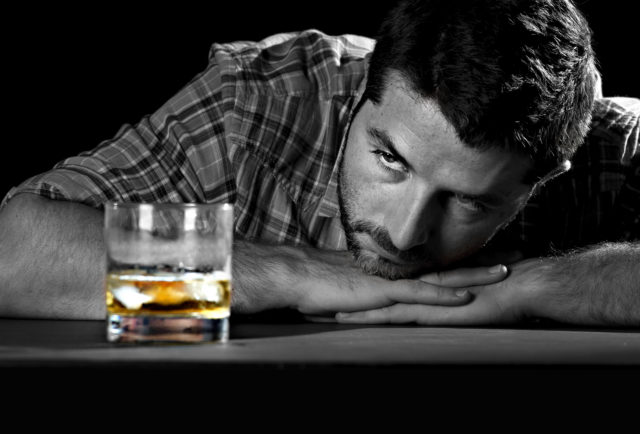
Thinking you’ve indulged in a few too many glasses of wine lately? If so, you’re not alone. Over the past few years, millions of Americans used alcohol and drugs as a way to cope with the stress and anxiety of the COVID-19 pandemic.
Tryon Medical Partners’ Dr. Robert Brownlee is double-boarded in internal medicine and psychiatry. He weighs in with three key questions to answer if you’re thinking about getting sober.
Should I consider sobriety?
To reduce the risk of alcohol-related harms, the 2020-2025 Dietary Guidelines for Americans recommends that men should limit intake to two drinks a day and women to one drink a day. If you are drinking that amount or less, you probably don’t need to worry about becoming completely sober. Dr. Brownlee notes a few situations in which you might consider cutting back:
- If you drink to cope with stress and anxiety. Alcohol is often used as a short-term solution for stress and anxiety. “The problem arises when people begin to depend on alcohol to cope,” Dr. Brownlee notes.
- If your drinking is starting to interfere with your day-to day-life. If you are missing work meetings, consistently waking up hungover, lashing out at loved ones or coworkers, these are good reasons to consider getting sober.
- If you’re looking to get back on the wagon. During the pandemic, many people who had a history of substance use were cut off from their sobriety support networks and relapsed. For those who are trying to get back to where they were, choosing sobriety could be helpful.
“A lot of the value in Alcoholics Anonymous comes from everyone being together and the benefit of having everyone there,” Dr. Brownlee shares. “When COVID took that away, I had quite a few patients who relapsed. Now that the world is calming down and we’re trying to establish a better sense of normalcy, those people are turning back toward sobriety.”
What can I expect from sobriety?
Even if you don’t fall into any of the above categories, sobriety can still offer a host of health benefits. In particular, sleep quality, energy levels and weight loss often follow the elimination of alcohol from your diet.
If you have more than two servings of an alcoholic beverage, the amount of time your body spends in REM sleep decreases drastically, impacting your energy level for several days.
“I see this in my patients who use wearable health tracking devices,” Dr. Brownlee explains. “After using their device, they come back to me saying they need to drink less because they can see how it is impacting their sleep.”
Sobriety can also have a positive impact on your fitness and weight loss goals. Consuming three to four alcoholic beverages a day can add an extra 500 to 800 calories. Patients who become sober often drop 10 to 15 pounds without changing anything else about their lifestyle.
How do I begin my sober journey?
Your primary care clinician is a great place to start if you’re looking to learn more about sobriety. Patients often have some anxiety about their drinking habits and primary care may be a more comfortable and familiar place to voice these concerns.
“Although the stigma should not be a barrier to seeking care, I know people hesitate to go get help in case someone sees their car outside of a psychiatric office,” Brownlee notes. “Going to your primary care clinician can keep this support anonymous.”
If you are interested in sobriety because you think you may have a drinking problem, it is important to talk to a medical professional about how you can start your journey toward sobriety. Without the proper support, alcohol withdrawal can be a dangerous, and even deadly, process.
“With someone who is alcohol-dependent, they will need to taper off slowly,” shares Dr. Brownlee. “It’s important they have medical support and guidance.”
Reach out to Tryon today to begin the process.

